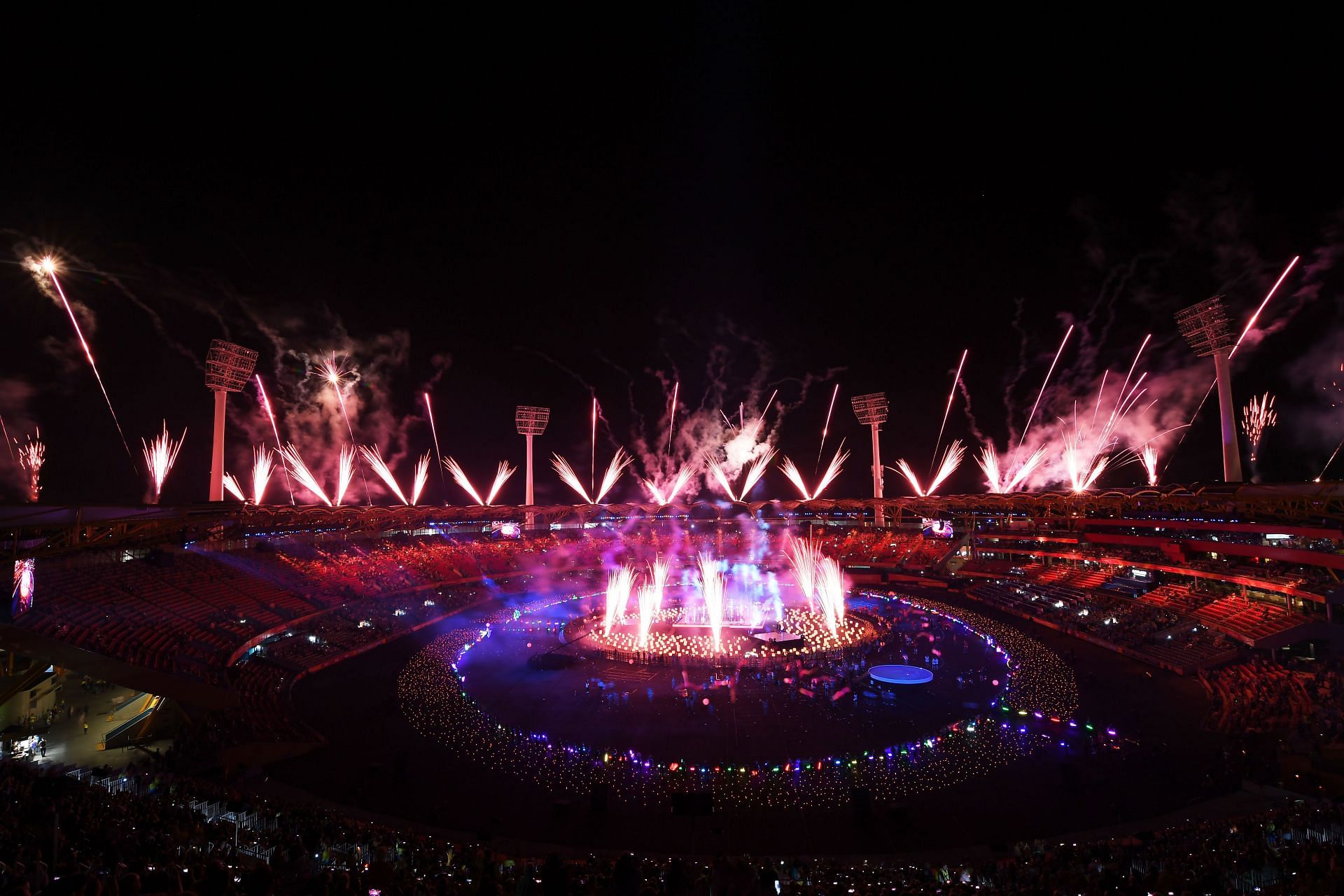
Gold Coast withdraws bid for Commonwealth Games 2026 host; organisers plan to move event out of Australia
Australian city Gold Coast on Sunday, December 3, has withdrawn its bid to host the Commonwealth Games 2026 due to lack of support from the government. Gold Coast Mayor Tom Tate confirmed that the Queensland city won't be able to stage the quadrennial event.
Gold Coast hosted the 2018 Commonwealth Games with more than 4000 athletes participating from 71 associations (countries) for 18 sporting events. However, this time the 700 million AUD multi-sport event wasn't backed by the federal government (Australian) as well as the state government (Queensland).
"We did our best and that's all people can expect. Sadly, at the same time, our country's reputation as a place that reneges on a global sports contract remains in tatters," Tom Tate said in a statement on Sunday night.
"In simple terms, it seems our Games’ vision doesn’t align with the vision of the state or federal governments," the Gold Coast Mayor further added.
In July this year, another Australian state Victoria pulled out from hosting the Commonwealth Games 2026 owing to projected cost overruns. A couple of days after the withdrawal, Tom Tate said that Gold Coast was willing to step in to host the tournament.
What next for Commonwealth Games 2026?
The Commonwealth Games Federation (CGF) is staring at a bleak future of the quadrennial multi-sport event. Although Commonwealth Games Australia CEO Craig Phillips contemplated the postponement of the Games to a year, Canada's Albania province withdrawing as the 2030 edition host has exacerbated the situation.
Phillips said the next Commonwealth Games is most likely to take place outside Australia, though getting bids for a host will be a herculean task in such a short period.
"We have indicated to (the CGF) ... they would have our support in doing that. It's our preference to host here and we will keep going while we think we have got options to explore. But if they have a better option, then they should seriously consider it," Phillips told news agency Australian Associated Press.
"The people we spoke to in the Commonwealth Games family, I believe that the sentiment is very much still that the first priority is there is a solution here in Australia. But if that doesn't materialise, then other options are certainly very much on the table," he added.
The only instances of the Commonwealth Games being canceled were the 1942 and 1946 editions during World War II.